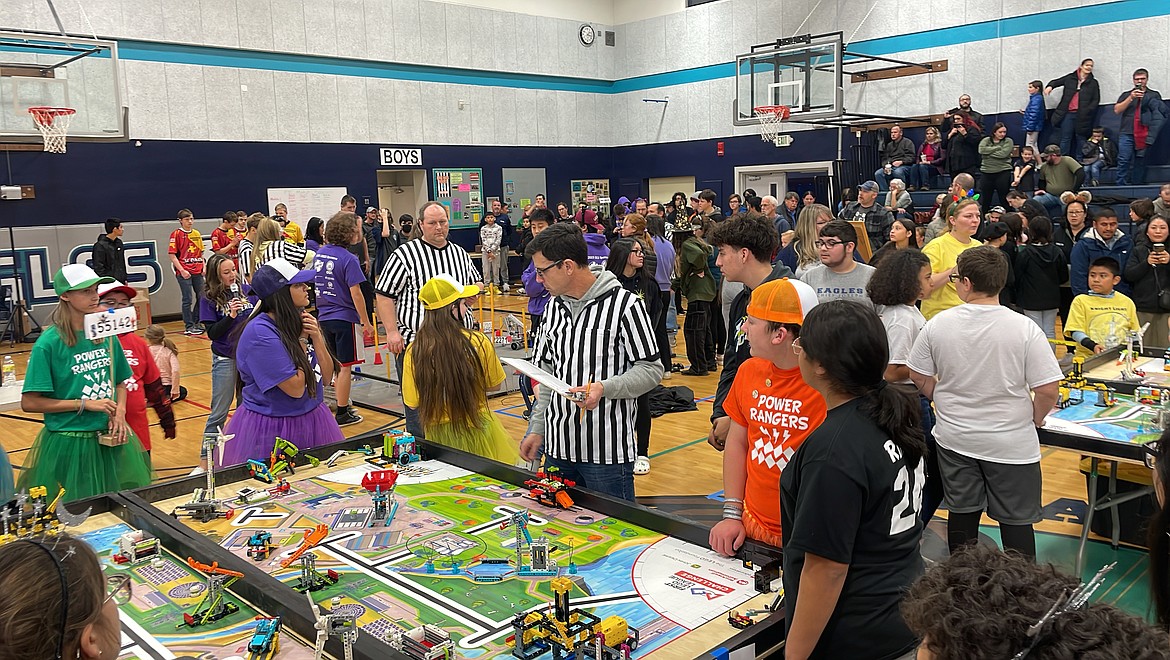Ballots coming for levy proposals in local districts
EPHRATA — Ballots will be mailed to voters Jan. 24 for the Feb. 13 special election that features educational program and operations levy requests in a number of school districts.
Become a Subscriber!
You have read all of your free articles this month. Select a plan below to start your subscription today.
Already a subscriber? Login





